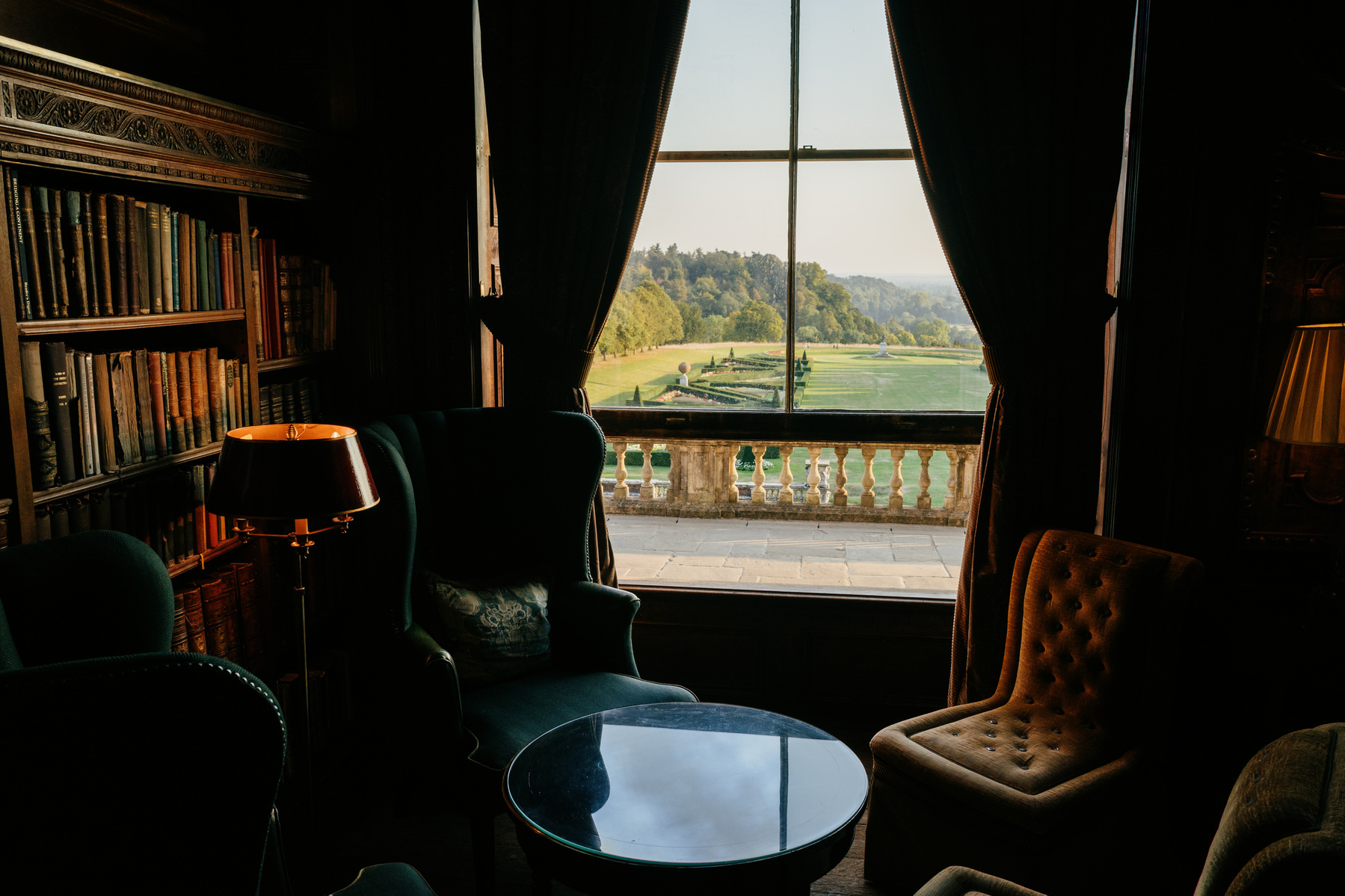Reading
A Fresh Coat of Moss
Oct 8, 2023You should embrace the visceral quality in reading. Read mostly fiction. Read slowly. There is a kind of marinating that happens with very good works, they are always more than their story. The goal is not to digest information, but to layer over your reality with a fresh coat of moss. Your own world becomes colored by these stories, so it is worthwhile to spend time seeking the excellent works from across cultures and history.
You should have a goal, in some sense, to be influenced by the works that you read. All stories influence you, regardless of how they get to you. A person who reads no great stories will be influenced by the few stories he does come across in life, for better or worse — and I think mostly worse.
—Simon Sarris, from Reading Well
Walking with a Butterfly Net
Aug 11, 2023I love this quote I read in a recent Austin Kleon post — Lewis Hyde explaining why he still takes his butterfly net on walks:
I carry it in part to catch and release the few things I can’t identify on the wing but mostly because of the way it changes the way I walk. I don’t know if the same is true for birders with their binoculars or deer hunters with their rifles, but for me, walking with the butterfly net alters my perceptions. It produces a state of mind, a kind of undifferentiated awareness otherwise difficult to attain. It is a puzzle to me why this is the case, why, that is, I can’t simply learn from walking with the net and then put it away and transfer what I know to walking without it.
Perhaps it has to do with the way the net declares my intention, which is to apprehend what is in front of me. Walking with the net is like reading with a pencil in hand. The pencil means you want to catch the sense of what you are reading. You intend to underline, put check marks and exclamation points in the margin and make the book your own….
As with the pencil, so with the net: Both declare the possibility of action, and that possibility changes the person holding the tool.
Carrying a camera provokes the same feeling in me. Even if I don’t intend to take pictures, my eye is a little sharper and I look closer at the people and places that I pass. Instead of passively absorbing the visual world as an undifferentiated flow, I start to slice it into potential photographs. The readier the camera is to shoot, the more powerful the effect. If it’s in my bag my attention is duller than if I have the camera in hand, exposure set.
The effect is refined further depending on what camera I am carrying. For walkaround purposes I favour cameras with fixed prime lenses. The focal length of the camera I carry narrows the range of possible pictures I can make, so my attention becomes more attuned to certain subjects and working distances.
Likewise, and as Lewis and Austin mention, reading with a pencil in hand has the same effect for me. I’m reading to identify the information I want, rather than blindly ploughing through. I experience a milder version of this effect when reading digitally with the intention to highlight key passages, but it pales in comparison.
